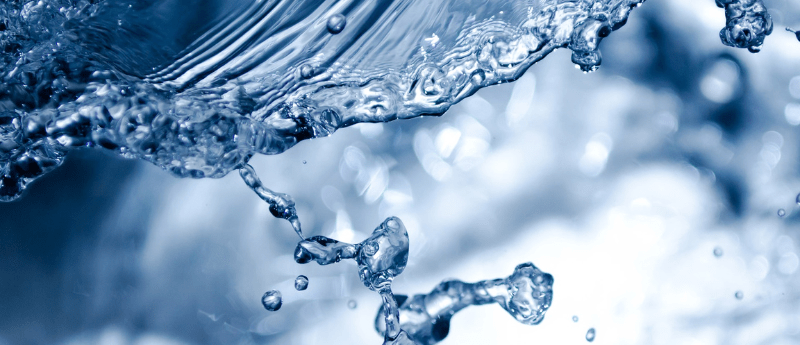Carcinogenic agents – is there something in the water?

A study recently published in Environmental Health Perspectives, has revealed a concerning link between waterborne nitrates and risk of prostate cancer.
Prostate cancer accounts for 22% of all tumors diagnosed in Spanish men and is on the rise globally. Despite this, the International Agency for Research on Cancer has not yet been able to pinpoint a clear carcinogenic agent.
Researchers at The Barcelona Institute for Global Health (ISGlobal) (Barcelona, Spain) assessed whether there was a relationship between the ingestion of waterborne nitrates and trihalomethanes (THMs) over the course of a lifetime, and the risk of developing prostate cancer. THMs have previously been linked to bladder cancer, however, relationships to other cancers remain to be defined.
Nitrates and THMs are common contaminants of both bottled and tap water. High levels of nitrates in the water system are often the result of run-off of agricultural fertilisers into rivers and aquifers. THMs are by-products of water disinfection, which unlike nitrates, can enter our system by other means than ingestion, such as inhalation or by dermal exposure.
In the study, researchers studied 697 cases of men with prostate cancer in Spanish hospitals, as well as 927 controls. An estimation of the level of exposure to the contaminants in question was based on where the men lived, as well as the type and amount of water they had consumed in their lifetime.
A positive association between the estimated amount of nitrate consumption and the risk of prostate cancer was established. A lifetime average of more than 14 mg of nitrate per day, increased the risk of developing low and medium-grade prostate cancer by 1.6 times. More concerningly, these men were also three times more likely to develop an aggressive form of prostate cancer.
The ingestion of THMs was not associated with an increased risk of prostate cancer. However, researchers suggest that the other means of THMs entering our systems may play a role in the onset of prostate cancers, as a link between prostate cancer and high levels of THM in residential tap water was observed.
On a more positive note, researchers found that consumption of fibre, fruit, vegetables, and vitamin c, had the power to negate the effect of these contaminants. Lead author of the research, Carolina Donat-Vargas (Barcelona, Spain) explained: “Antioxidants, vitamins and polyphenols in fruits and vegetables may inhibit the formation of nitrosamines—compounds with carcinogenic potential—in the stomach”.
Although concerning, results from this study do not necessarily mean that drinking water gives you cancer. The associations made between nitrates and cancer, require a significant amount of further research, so it can be established whether this is a causal relationship.
The authors of this study hope that it raises awareness of the possible detrimental impacts of environmental exposures on human health, to authorities and citizens alike.
Source: www.sciencedaily.com/releases/2023/03/230308112202.htm